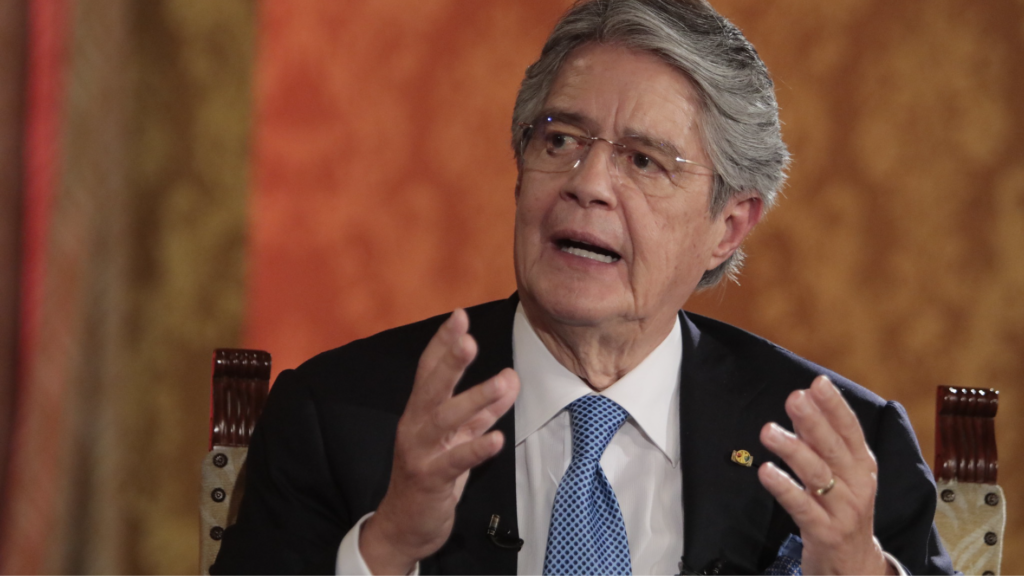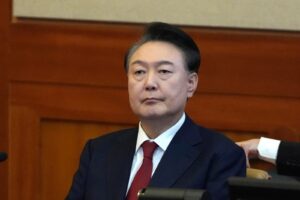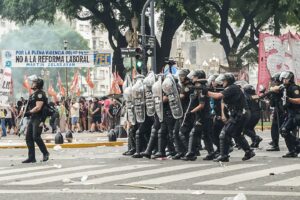
Published 03/30/2023 17:16 | Edited 3/30/2023 5:17 PM
The Constitutional Court of Ecuador decided, this Wednesday (29), that the impeachment process against President Guillhermo Lasso can be continued. The accusation surrounding the rightist concerns an alleged case of corruption involving state-owned companies.
The country’s highest court decided “to admit the impeachment charge relating to the alleged crime of embezzlement” by six votes in favor and three against. As a result, Lasso could dissolve the assembly and call early elections for both the presidency and parliament.
The request, signed by 59 deputies, says that “this indictment will demonstrate how President Guillermo Lasso Mendoza participated in a structure of corruption to obtain benefits for himself and others”.
The court considered that the request “respected the principles of political legitimacy and due process”, allowing its continuity. The approval concerns the accusations of embezzlement, but two others related to abuse of power did not prosper.
In a statement, the Court noted: “This court urges the institutions involved in the impeachment process to always act within the rights provided for in the constitution and the rule of law.”
According to the Opera Mundi website, according to the constitutional rules of the process, the National Assembly has a period of up to 30 days to put into practice all constitutional mechanisms, including the presentation of the thesis of the prosecution, the arguments of the defense and other procedures. If this schedule is met, the most likely thing is that the final vote on Lasso’s future will take place in mid-May.
For the president to be removed from office, the votes of 92 of the 137 members of the assembly (two thirds) are required. Lasso will be the first president to undergo this type of trial in the National Assembly since the 2008 Constitution came into force.
The government of the former banker faces a series of turmoil, resulting from popular dissatisfaction. Last year, demonstrations called for, among other things, a reduction in fuel prices, fair prices for agricultural products, employment and respect for labor rights, in addition to measures in the environmental sphere.
At the time, Lasso even declared a state of emergency, imposed a curfew in the capital and repressed the protests, which led to clashes, causing six deaths and leaving 600 injured. The Ecuadorian president managed to get rid of the process because the opposition did not get enough votes to use a mechanism that exists in the country called “cross death”, in which the president remains in office until new general elections are held.
Know more: Indigenous protest overthrows four Ecuadorian ministers
with agencies
(PL)
Source: vermelho.org.br

